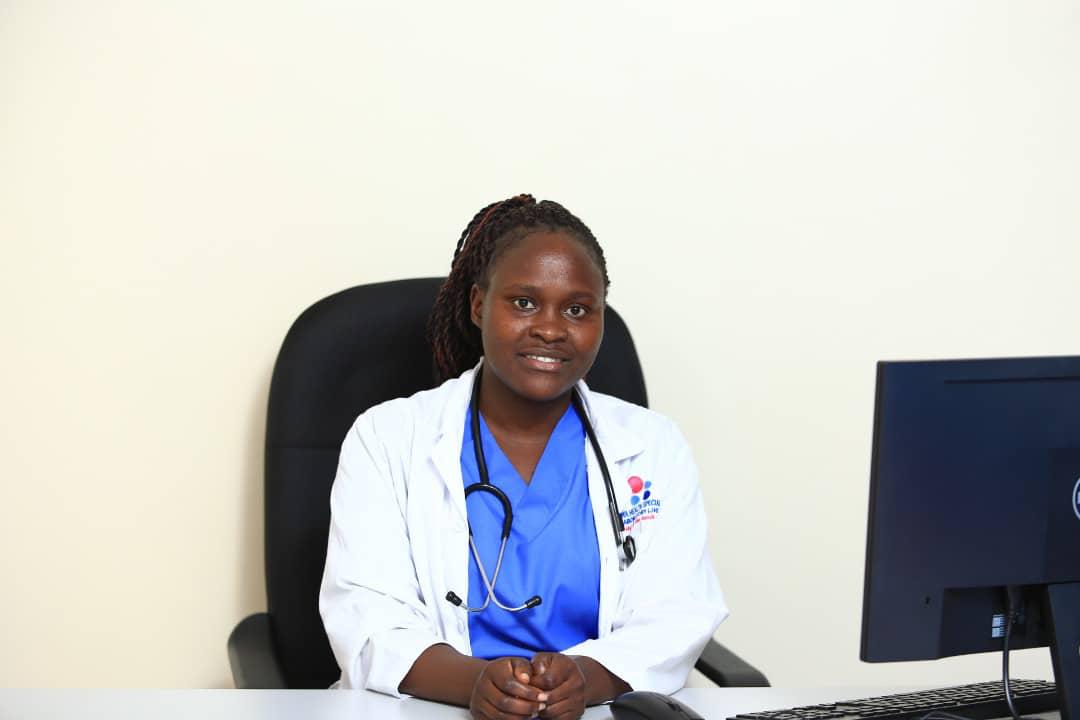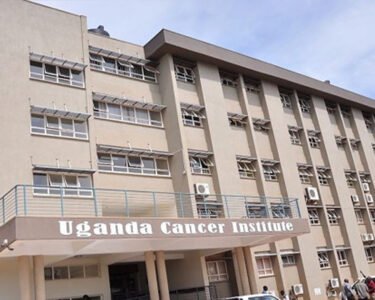With Uganda’s maternal mortality rate standing at a staggering 336 deaths per 100,000 live births many of which are preventable, youths and health workers have raised alarm over the country’s limited access to comprehensive sexual and reproductive health education.
In spite of the dire figures, efforts to integrate Sexual and Reproductive Health and Rights (SRHR), particularly sex education, into Uganda’s national curriculum remain hindered leaving uncertainty and silence to dominate the conversation. This has left the country’s majority young population at crossroads with few safe spaces to learn, ask questions, and protect themselves.
Latest
Museveni to Award 50 Medals at 36th Heroes Day in Lyantonde
UPC Rallies Members Ahead of SIG and Village Executive Elections
Kilak North MP Anthony Akol Picks NRM Nomination Forms, Says Time in Opposition Is Over
Merab Adikin, a young accountant in Fort Fortal , recalls receiving some form of sexual health education while in secondary school but says it was neither clear nor effective. She states that the teachers seemed too shy or uncomfortable to engage learners on this delicate yet vital topic.
Her experience resonates with wider spectrum of Uganda’s majority young population growing up in a situation where access to sexual and reproductive health services is defamed and inclined to immorality. she explains that “in my community, if a young person tries to find out about things are concerning contraceptives, they are often often judged or labelled negatively, especially girls, like they take it that you’re a prostitute.”
For health professionals like Justine Nyaketcho, a youthful nurse at Agatha Legacy Clinics in Kazinga, the consequences of this silence are devastating. According to Nyaketcho, limited access to sexual and reproductive health education has led to high rates of unwanted pregnancies and unsafe abortions. “Most youth don’t know how to use contraceptives. They don’t even know how to wear a condom,” she said.
The Penal Code Act (Cap. 120), as amended through the Penal Code (Amendment) Act, 2007, criminalizes abortion, attempted abortion, and the sale of drugs intended for abortion. Abortion is permitted to save a woman’s life or preserve her physical or mental health if performed by a licensed and registered physician. Nyaketcho highlights that this further push young women into unsafe practices a concern she calls to be addressed with urgency
She further underlined the relation between poor sexual education and rising rates of HIV and gender-based violence, including child marriage.
“Young girls are forced into marriage and pregnancy before they’re physically or emotionally ready. Many of them can’t care for their children or survive childbirth.”

Adikin believes the obstacles to SRHR services are not only logistical, cultural and religious beliefs also play a significant role in closing pathways for discussions about sex and reproductive health.
In 2016, the government’s attempt to introduce sexuality education in schools was thwarted by a section of conservative religious and cultural leaders thus its abandonment.
Read Also
Dutch Government Collapses After Far-Right Leader Quits Coalition
Munyonyo Suicide Bomber Was Daughter of 2021 CPS Attacker, Widow of Slain ADF Fighter Muzafaru
Museveni Declares Permanent Government Funding for Martyrs Day Celebrations
13 UPDF Soldiers Arrested After Attacking Wakiso Police Over Land Dispute
Mutually, Adikin and Nyaketcho contend that finding lasting solutions to these long standing issues start with appreciating the dynamics of the changing world and opening discussions and education not silence and judgement.
Adikin believes government, religious leaders, parents and the community at large must take lead for this to materialize. She argues that silence from leaders and adults only fuels the misconception in a fragile world where the young people are already exposed to unfiltered information online.
Nyaketcho shares her feeling, adding that financial empowerment is also equally important, she implores the government to invest more in vocational training and low cost education to keep the vulnerable girl child away from risks of early marriage
“Parents need to be honest and teach their children about boundaries, privacy, and self-care,” she said. “They must create an open, non-judgmental environment where kids feel safe to talk.”





